
China Introduces Harsh Punishments for Taiwan Independence Advocates, Including Death Penalty
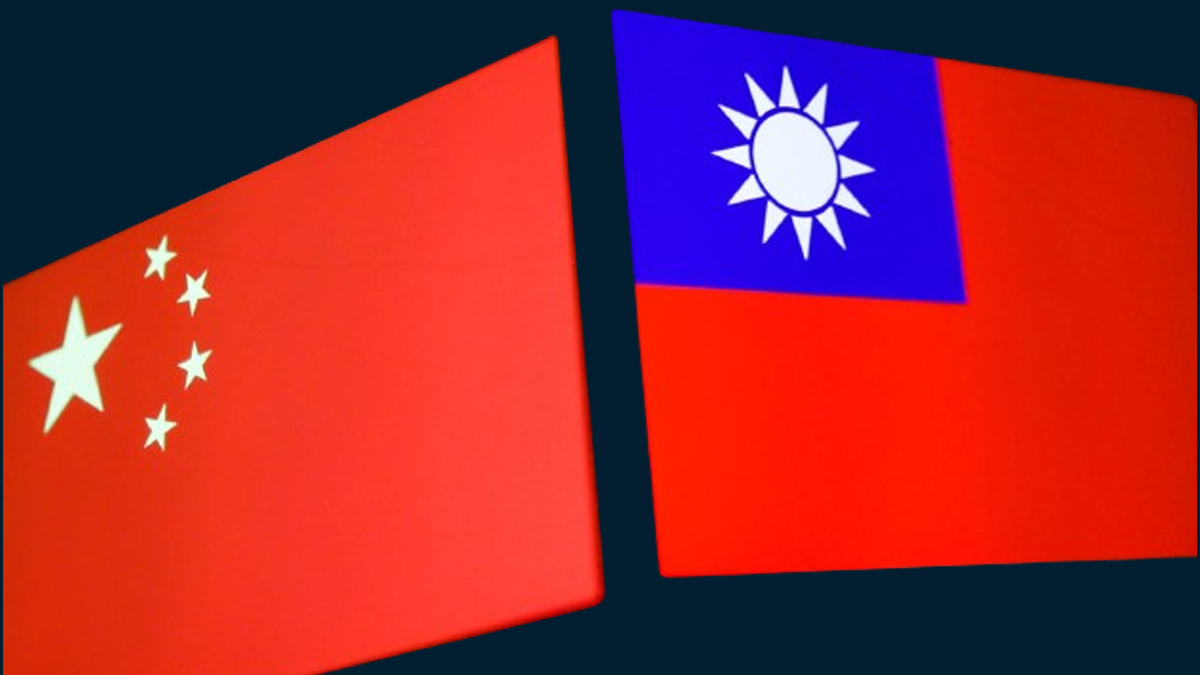
China has issued new guidelines imposing severe punishments, including the death penalty, on individuals advocating Taiwan independence. These measures were announced Friday amidst growing friction following Taiwan’s recent presidential elections.
President Lai Ching-te, characterized by Beijing as a “dangerous separatist,” has faced intensified scrutiny since assuming office earlier this year. Beijing’s response has been swift and aggressive, marked by military exercises, economic sanctions, and increased maritime patrols near Taiwan-administered islands.
According to China’s state-run Xinhua news agency, the guidelines target those involved in “secessionist organizations” or inciting activities deemed to threaten national unity. The measures underscore China’s stance that Taiwan is an inseparable part of its territory, despite considerable opposition within Taiwan itself, where public sentiment favors maintaining the status quo over immediate reunification or independence.
Under these new rules, individuals identified as “ringleaders” of separatist movements could face the death penalty if their actions are deemed to pose significant harm to national interests. This move represents Beijing’s latest effort to undermine the sovereignty of Taiwan and exert pressure on the Taiwanese public, particularly in response to the election of leaders from the pro-sovereignty Democratic Progressive Party.
In response, Taiwan’s Mainland Affairs Council has reaffirmed Taiwan’s sovereignty and dismissed Beijing’s jurisdiction over the island. The council emphasized that Chinese laws hold no sway over Taiwan’s people and urged them not to be intimidated by what they termed as baseless threats from the Chinese Communist Party.
President Lai Ching-te has expressed a willingness to engage in dialogue with Beijing, a proposal which China has consistently rejected, demonstrating a hardline approach toward Taiwan under both Lai’s and his predecessor Tsai Ing-wen’s leadership.

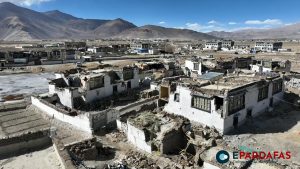

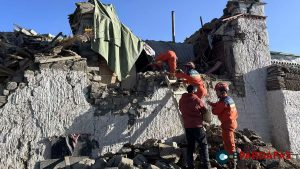



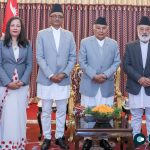


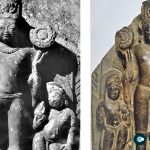

Comments